Joshua Scarbrough


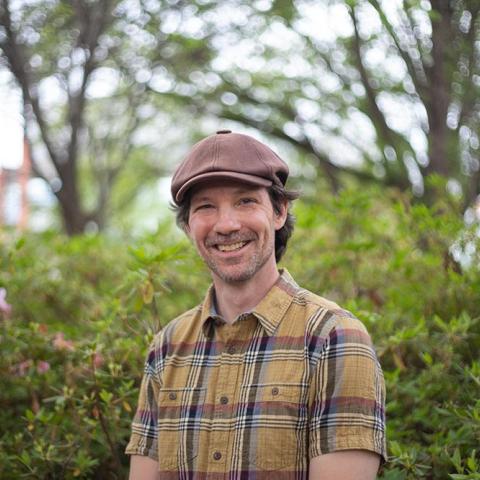
Dr. Gregory S. Sawicki is the Interim Executive Director of the Institute for Robotics and Intelligent Machines and Professor and Joseph Anderer Faculty Fellow at Georgia Tech with appointments in the George W. Woodruff School of Mechanical Engineering and the School of Biological Sciences. He holds a B.S. from Cornell University ('99) and a M.S. in Mechanical Engineering from University of California-Davis ('01). Dr. Sawicki completed his Ph.D. in Human Neuromechanics at the University of Michigan, Ann-Arbor ('07) and was an NIH-funded Post-Doctoral Fellow in Integrative Biology at Brown University ('07-'09). Dr. Sawicki was a faculty member in the Joint Department of Biomedical Engineering at NC State and UNC Chapel Hill from 2009-2017. In summer of 2017, he joined the faculty at Georgia Tech with appointments in Mechanical Engineering 3/4 and Biological Sciences 1/4.
wearable robotics; exoskeletons; locomotion; biomechanics; muscle mechanics
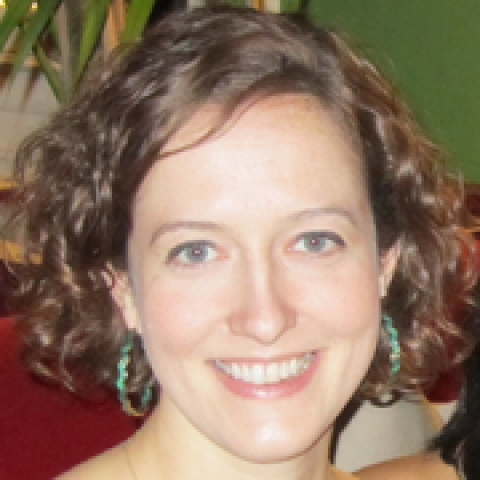
Mara Schenker, MD is a clinician-scientist at Emory University. Her clinical practice is in orthopaedic trauma at Grady Memorial Hospital, and her interests include complex periarticular trauma, infection, nonunion, and malunion. Dr. Schenker performs approximately 600 complex trauma surgeries per year. Her research interests include host factors associated with delayed fracture healing (nutrition, infection, frailty, and others). Additional research interests include optimization of resident education.
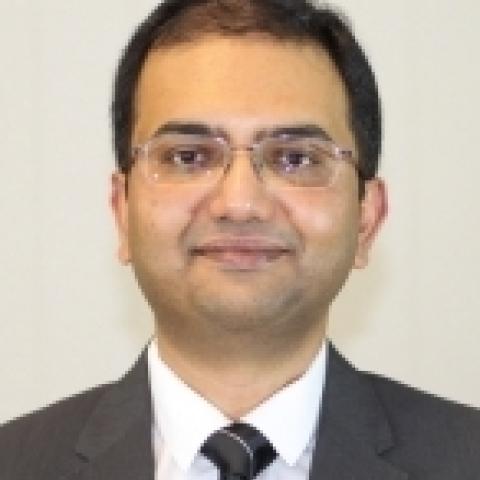
Aniruddh Sarkar is an Assistant Professor in the Wallace H. Coulter Department of Biomedical Engineering at the Georgia Institute of Technology and Emory University where he leads the Micro/Nano Bioelectronics Lab. He was earlier a Research Fellow at the Ragon Institute of MGH, MIT and Harvard with research affiliations at Harvard Medical School and at MIT. His research has evolved around the theme of exploiting unique physical phenomena that occur at the micrometer to nanometer length scales to develop devices and systems for solving various technological problems with a special focus on applications in biology and medicine. His earlier work, with Prof. Galit Alter (MGH/HMS) and Prof. Jongyoon Han (MIT), involved the development and application of microfabricated and nanofabricated devices to further the prevention, diagnosis and therapy of infectious diseases such as Tuberculosis and HIV/AIDS. He received his Ph.D in Electrical Engineering and Computer Science with a minor in Biology at MIT, developing microfluidic tools for single-cell analysis. He received his bachelors and masters degrees, both in Electrical Engineering at IIT Bombay.
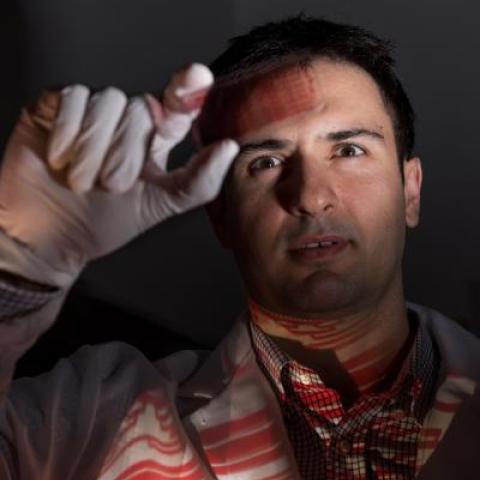
A. Fatih Sarioglu received the B.Sc. degree from Bilkent University, Ankara, Turkey in 2003, and the M.S. and Ph.D. degrees from Stanford University in 2005 and 2010, respectively, all in Electrical Engineering.
Sarioglu worked as a postdoctoral research associate at the Center for Nanoscale Science and Engineering at Stanford University from 2010 to 2012. From 2012-2014, he was a research fellow at the Center for Engineering in Medicine, Massachusetts General Hospital and Harvard Medical School. In October 2014, he joined the School of Electrical and Computer Engineering at the Georgia Institute of Technology as an assistant professor.
Sarioglu's research interests are at the interface of nano-/micro-engineering and biomedicine. He is particularly interested in developing N/MEMS-based technologies for biomedical applications.
Nano- and Micro-systems for bio-molecular sensing and imagingMicrofluidic devices for cell sorting and disease detectionHigh-throughput bio-analytical instrumentation for cellular and molecular characterizationIntegrated platforms for point-of care diagnosticsImplantable medical devices for minimally-invasive health monitoring

Philip Santangelo is a professor in the Wallace H. Coulter Department of Biomedical Engineering at Georgia Tech School of Engineering and Emory University School of Medicine. He is a member of the Cancer Immunology Research Program at Winship Cancer Institute.
Dr. Santangelo obtained his Ph.D. in Engineering from the University of California at Davis. He completed his postdoctoral training at Sandia National Laboratories in Livermore, California and at Georgia Tech in Atlanta, Georgia. He also holds an MS in Engineering from Purdue University.
The overarching theme of the Santangelo lab is the spatial biology of RNA viruses and RNA regulation. Spatial biology is the study of biology in three dimensions — and the Santangelo lab develops advanced imaging tools to achieve this goal. The lab focuses their tools on the spatial biology of HIV/SIV and human respiratory synctial virus (leading cause of bronchiolitis and pneumonia in babies) and the aberrant regulation of messenger RNA during inflammation, viral infections and cancer pathogenesis. They have developed both single molecule methods and whole body imaging methods in order to work towards our goals.
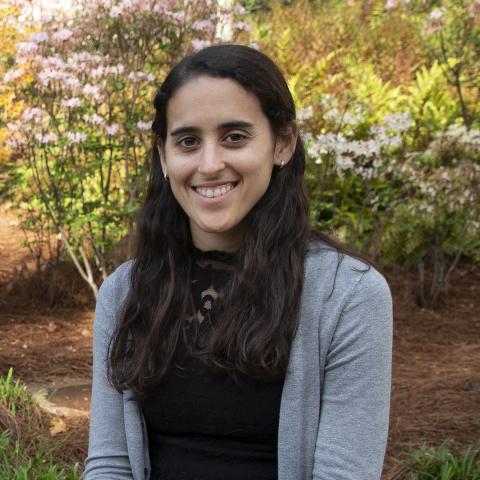
Dr. Emily D. Sanders is an Assistant Professor in the Woodruff School of Mechanical Engineering at Georgia Tech. She obtained her Ph.D. at Georgia Tech in 2021, where she developed new topology optimization methods for design of tension-only cable nets, elastostatic cloaking devices, and multiscale structures and components. Dr. Sanders hold a bachelor’s degree from Bucknell University and a master’s degree from Stanford University.
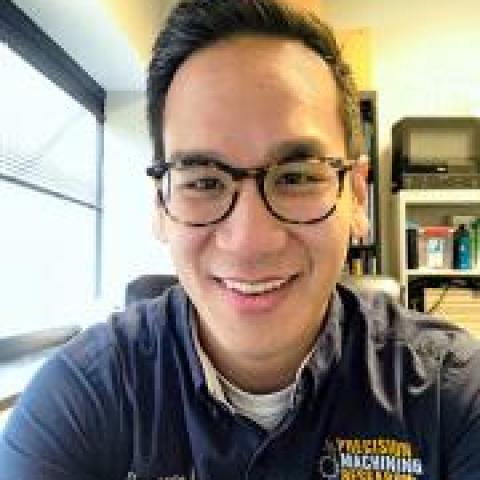
Dr. Christopher Saldaña began working at Georgia Tech in 2014. Prior, Dr. Saldaña previously held the Harold and Inge Marcus Career Professorship at the Pennsylvania State University and worked as a research engineer at M4 Sciences Corporation. Dr. Saldaña has also previously held visiting affiliations/positions with the US Air Force Research Laboratory, the Indian Institute of Science (Bangalore, India), Technische Universität Dortmund (Dortmund, Germany), Autodesk, and Sandia National Laboratories. He has received several awards, including an NSF CAREER award, the Robert J. Hocken SME Outstanding Young Manufacturing Engineer award and an R&D100 Technology Award. He serves as an Associate Editor for IISE Transactions (Design and Manufacturing) and serves on the Editorial Boards of Manufacturing Letters, Computer Aided Design and Applications, and the ASTM Journal of Smart and Sustainable Manufacturing.
Additive/Advanced Manufacturing; Composites; Bio-Inspired Materials; Computer-Aided Engineering; Advanced Characterization
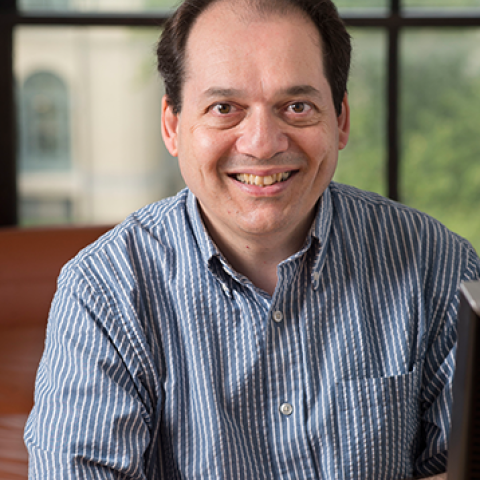
Nick Sahinidis is the Butler Family Chair and Professor in the H. Milton Stewart School of Industrial and Systems Engineering and the School of Chemical and Biomolecular Engineering at Georgia Tech. His current research activities are at the interface between computer science and operations research, with applications in various engineering and scientific areas, including: global optimization of mixed-integer nonlinear programs: theory, algorithms, and software; informatics problems in chemistry and biology; process and energy systems engineering. Sahinidis has served on the editorial boards of many leading journals and in various positions within AIChE (American Institute of Chemical Engineers). He has also served on numerous positions within INFORMS (Institute for Operations Research and the Management Sciences), including Chair of the INFORMS Optimization Society. He received an NSF CAREER award, the INFORMS Computing Society Prize, the MOS Beale-Orchard-Hays Prize, the Computing in Chemical Engineering Award, the Constantin Carathéodory Prize, and the National Award and Gold Medal from the Hellenic Operational Research Society. Sahinidis is a member of the U.S. National Academy of Engineering and a fellow of AIChE and INFORMS.
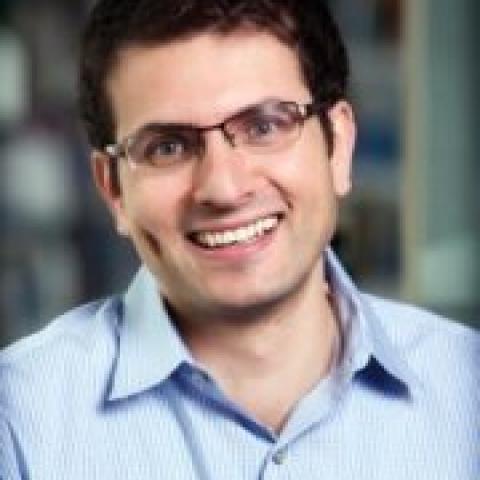
Khalid Salaita is the Samuel Candler Dobbs Professor of Chemistry, and Director for Graduate Studies in the Chemistry Department at Emory University in Atlanta, Georgia (USA). Khalid grew up in Jordan and moved to the US in 1997 to pursue his undergraduate studies at Old Dominion University in Norfolk, Virginia (USA). He worked under the mentorship of Prof. Nancy Xu studying the spectroscopic properties of plasmonic nanoparticles. He then obtained his Ph.D. with Prof. Chad Mirkin at Northwestern University (Evanston, IL) in 2006.
During that time, he studied the electrochemical properties of organic adsorbates patterned onto gold films and developed massively parallel scanning probe lithography approaches. From 2006-2009, Khalid was a postdoctoral scholar with Prof. Jay T. Groves at the University of California at Berkeley (USA) where he investigated the role of receptor clustering in modulating cell signaling. In 2009, Khalid started his own lab at Emory University, where he is currently investigating the use of nucleic acids as molecular force sensors, smart drugs, and synthetic motors.
In recognition of his independent work, Khalid has received a number of awards, most notably: the Alfred P. Sloan Research Fellowship, the Camille-Dreyfus Teacher Scholar award, the National Science Foundation Early CAREER award, the Kavli Fellowship, and Merck Future Insight Prize. Khalid is currently the director of the Center on Probes for Molecular Mechanotechnology, and an Associate Editor of SmartMat. Khalid’s program has been supported by NSF, NIH, and DARPA.